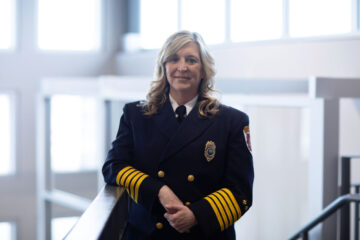Growing up, when school was out for the summer, I would make homework assignments for myself – anything from geography quizzes to memorizing lines from the Gettysburg Address. I, of course, was also a big fan of summer reading challenges. And I took college classes starting the summer after eighth grade – including a three-week literature course that had me reading Shakespeare’s “Hamlet” between races at a swim meet so I could finish it in time for the next day’s class.
I have always loved learning. At first because it satiated my desire to achieve, and later because it fulfilled my desire to challenge my beliefs.
This quote from Sydney J. Harris says it all to me: “The whole purpose of education is to turn mirrors into windows.”
It wasn’t until I was an undergraduate student at Iowa State University that I truly understood that education is more about opening your mind to the world around you rather than simply knowing facts or how to follow an equation. I also found that learning can be either formal, like attaining a degree or training, or informal, like listening to a podcast or experiencing a new culture through travel.
Working at the Iowa State Daily in college and for various publications as a professional, I’ve found I love teaching others about journalism just as much as I love doing journalism. So last fall I decided to start looking into a goal that has always lurked in my mind: earning a master’s degree to be able to continue my education so I can teach future journalists in some capacity.
I found a program through the University of Georgia in nonfiction narrative writing to be a perfect fit: It’s geared toward working professionals, it’s mostly online, but I’ll also get to travel to campus once each semester, and it’s focused in an area that will challenge me (writing). So I decided to take the leap.
But deciding to go back to school as a working professional requires a lot of decisions: like how to foot the bill or how to manage it all.
For many professionals, especially women, going back to school requires an extra layer of juggling of roles they already hold, perhaps as a leader in their workplace, as a volunteer with various nonprofit boards, as a parent or caregiver, or as a spouse. It requires disruption, perhaps of their finances or the time they can commit to various activities.
Yet, it also offers an opportunity to gain new skills that can help you advance both your knowledge and your career. It offers a chance to work toward a personal goal, which can be very appealing to women who often are in roles focusing on helping others, leaving little time for themselves.
I’m lucky enough to have a great support system of people who believe in me. I’m also fortunate to work at a company that was able to help create a new part-time role, as special projects editor of the Business Record, which would better align with the demands of the graduate school program I chose. Much has changed as it relates to flexibility in the workplace since the onset of the pandemic, and it’s important that leaders think about the education goals of their employees as part of that.
On LinkedIn, I recently asked others who have gone back to school as working professionals to share why they made the decision and what advice they have for others. Here are a few comments (which have been edited and condensed for clarity).
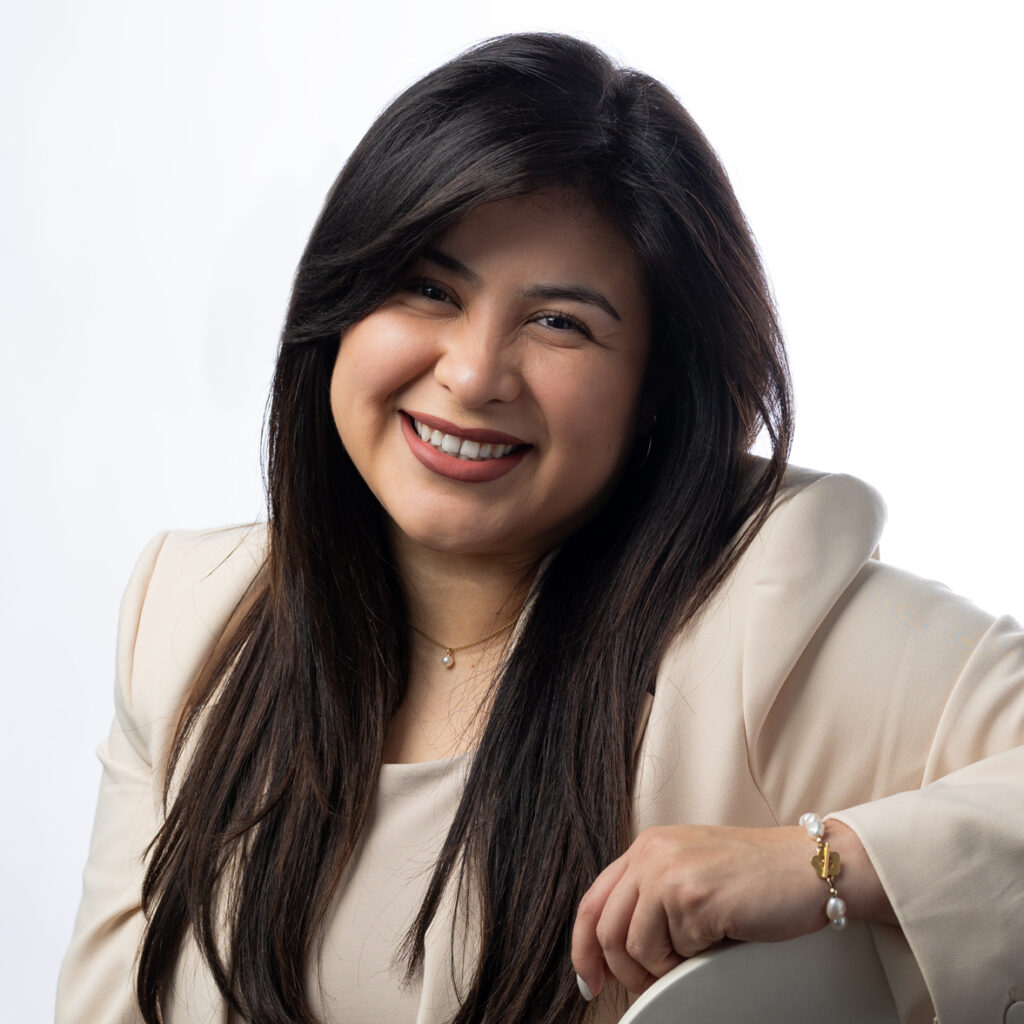
Kenia Calderón Cerón, vice president/bilingual business development director at GreenState Credit Union: “I decided to go back to earn my MBA this year to prove to myself that I can succeed in school. I faced many hardships during my undergrad; therefore, I earned a low GPA. This became an insecurity, and I carried so much shame. Today, I have a 4.0 in my graduate program. Don’t let your undergraduate experience hold you back from trying school again. You are in a much different place today (mentally and financially). You deserve a second chance.”
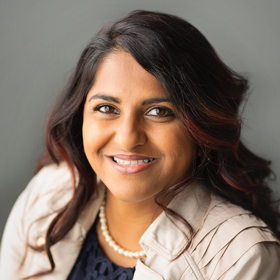
Erlin Kakkanad, director of operations excellence at Principal Financial Group and Ph.D. student at Drake University: “My decision to get a Ph.D. from Drake University was to close the literature gap of lack of voices from Asian American and especially the American Asian Indian diaspora and the journey from Asia to America. Being a working professional and pursuing a Ph.D. is extremely difficult, but not impossible. Prioritizing work, schoolwork and raising extraordinary toddlers was a path that does not come with a playbook for any of those spaces. Supportive peers, partners and tons of self-determination were some of the reasons why I continued to complete the program.”
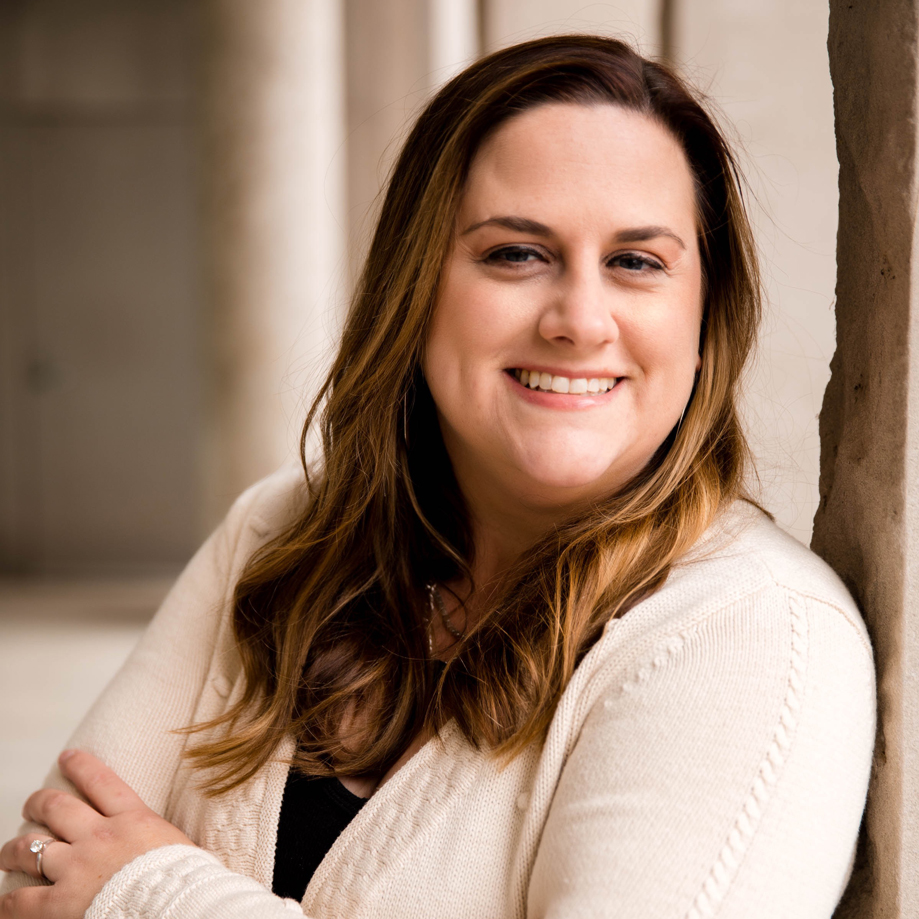
Brianne Fitzgerald, senior director of community engagement and inclusion at Alzheimer’s Association Iowa Chapter: “I was able to obtain my master’s degree over the course of two years (graduated 2017) as a working mom of three. I also obtained several certifications over the course of my career as I have worked full time. My advice is that you should never stop learning. You will change as you grow in your career, and so should your learning. Identify what could give you a boost for a next step in your career or what might benefit you in your current (or next) role, and go after it. Find a program and schedule that work for you. Take your time. Ask your family/friends for support. Celebrate every step along the way – especially when you complete your program.”
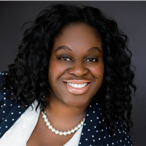
Ngozi Igbokwe, senior manager, learning and development, Bright Horizons: “Going back to school was always in the cards for me; I have always wanted to expand my knowledge and pursue higher education. Ultimately, I found the perfect program for me, a master’s program focused on leadership development. My concentrations were in leadership and talent development. I especially liked that the program was geared toward working professionals. To those hoping to take the leap, I would advise you to make sure the time is right. Think about the things going on in your personal and professional life and evaluate whether you have the time to dedicate to your education. Once you have reflected, take time to explore programs and courses that align with your passions and career goals.”
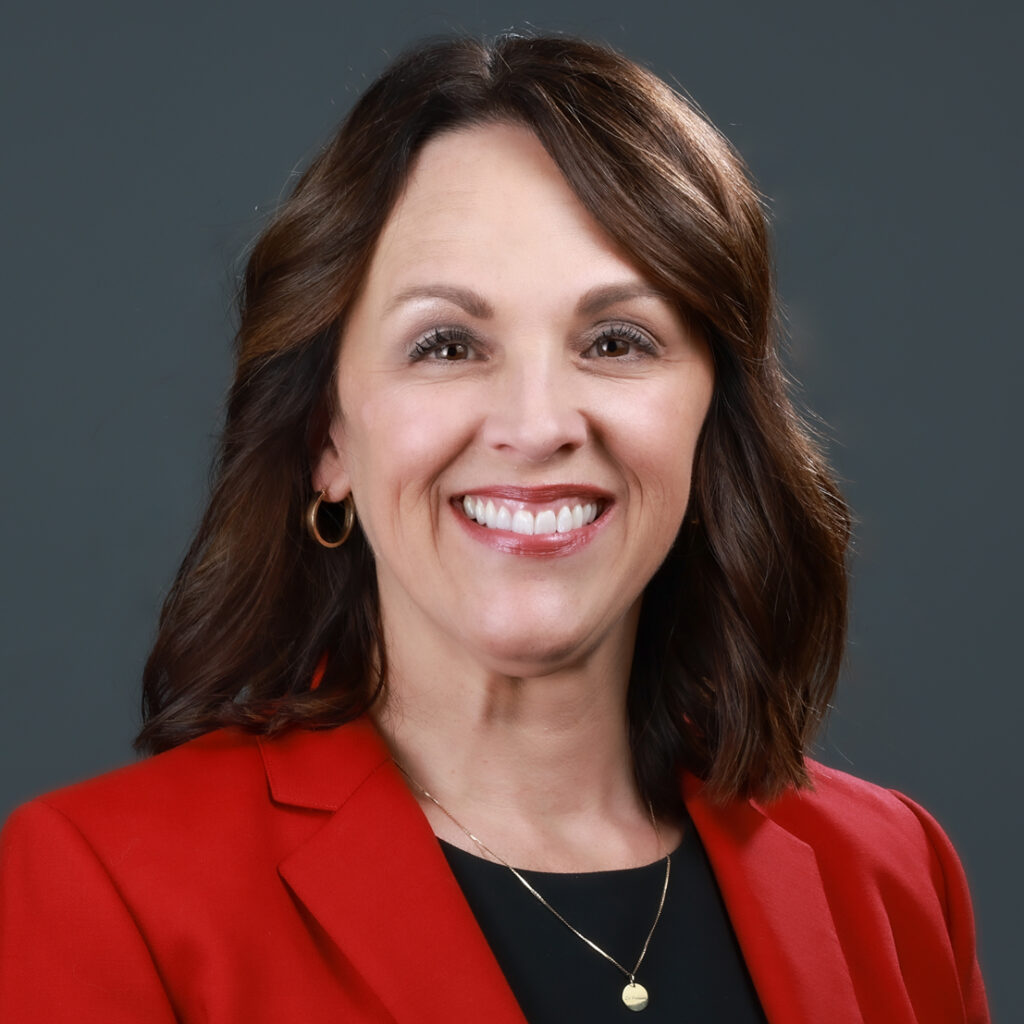
Rachelle Keck, president at Grand View University: “I started my Ph.D. in 2016 and completed it in 2020. A FANTASTIC decision! I not only expanded my knowledge and skill set, I met amazing colleagues who are still valuable members of my professional and personal circle today. The additional degree was a critical component of obtaining my current role.”
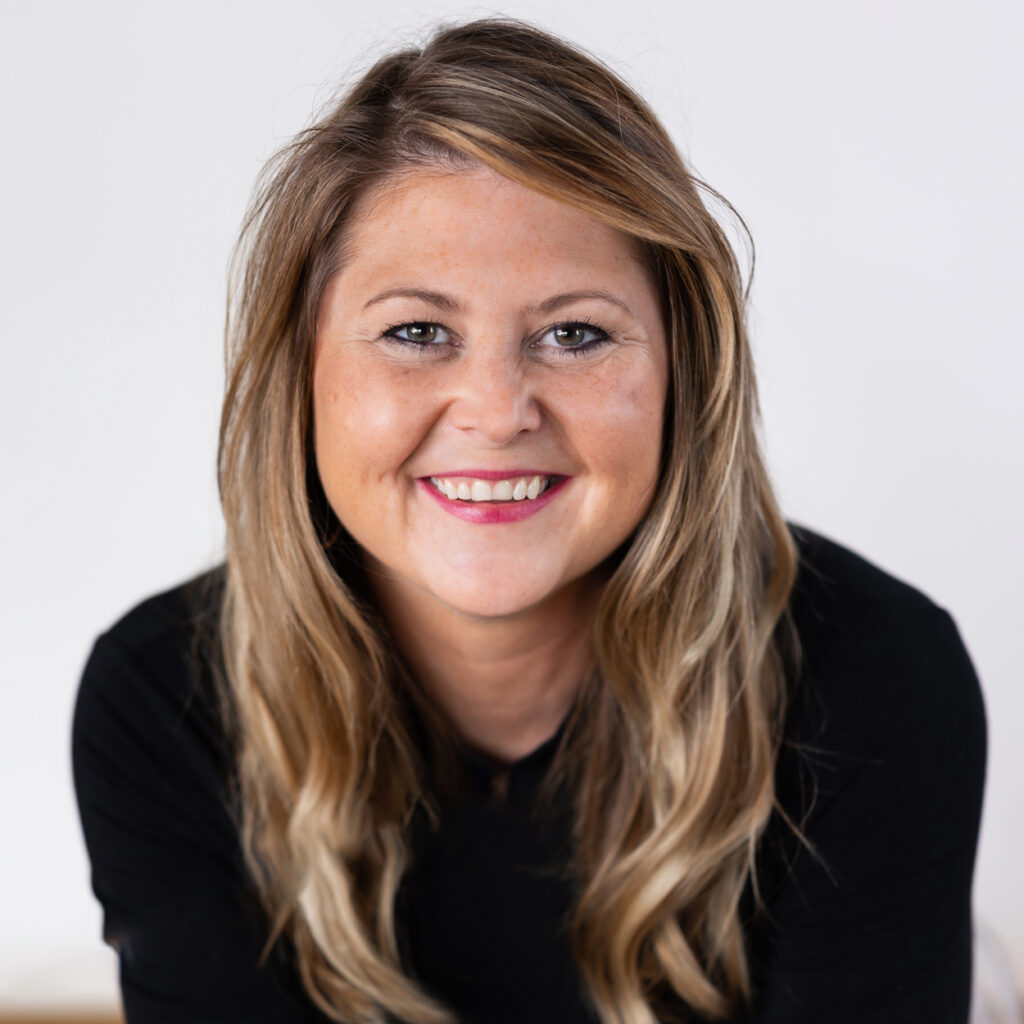
Kayla Kovarna, deputy director of communications, marketing and air service development, Des Moines Airport Authority: “Years ago, I cannot recall precisely when, I quietly set a goal to obtain a master’s degree. Fear crept in as I started considering enrolling. How could I go to school while working full time and starting a family? Eventually, I realized there would never be a ‘good time’ to return to school. I enrolled. I knew juggling my responsibilities and career obligations would be challenging while reading textbooks and writing papers, and it is, yet it is also fulfilling to be working toward a personal goal.
“There are countless reasons for not doing something that scares us, yet if we focus on all the reasons we should, we may achieve something beyond our expectations. As a goal-oriented person, it was about accomplishing something I had always wanted to do while setting myself up to capitalize on career progression opportunities. While there are days that are difficult to get it all done, it has been rewarding to show my daughters – and myself – that we can set and achieve goals at any age; I look forward to graduating in 2024.”
So here’s your sign: If you’re considering pursuing more education, in whatever form that might be, there are ways to make it work within your current lifestyle.
Related: Leading Fearlessly: The value of an MBA for women, from BPC President and CEO Suzanna de Baca.

